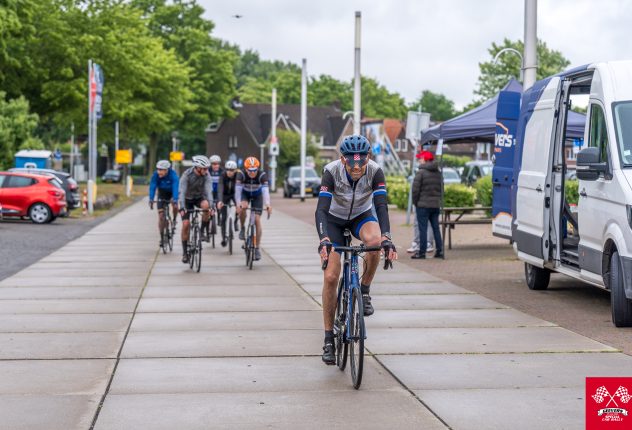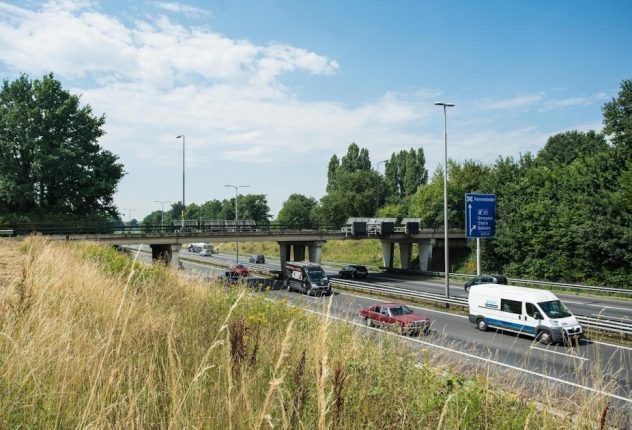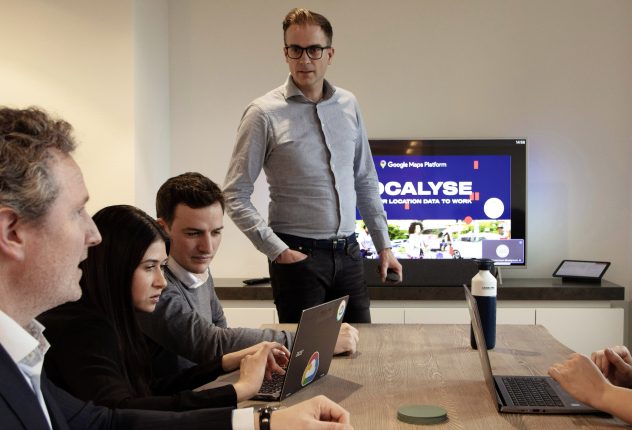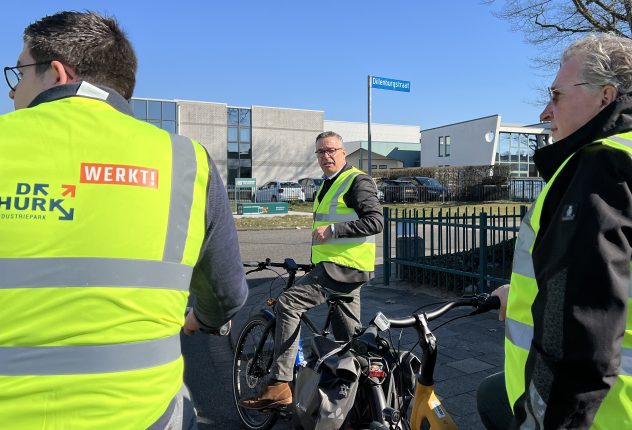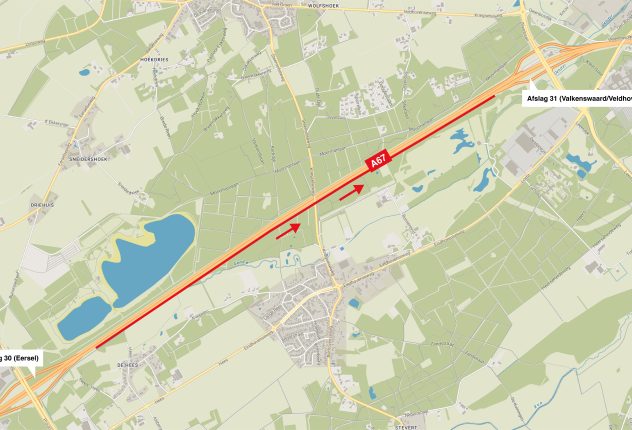
Customer Journey: looking for unconscious travel behavior
Published on November 9, 2022The sun is shining, you have plenty of time and you like to work on your fitness. And yet, you still take the car. Why? A lot of travel behavior is (still) habitual behavior. In other words: travelers do not consciously consider before departure whether and how they can make a trip differently. A huge shame, because not traveling or traveling differently is a solution for fewer traffic jams and better accessibility of our region. That's why we want to know how and why travelers make choices. The Customer Journey research provides insights. The first phase has just been completed. What does that mean? You can read it here.
Really observe, experience, ask questions: that is what we do in the Customer Journey Research. We use this to look for thresholds, events, behaviors and interactions that participants experience during their journey by car and a sustainable alternative. By observing during the car journey and working from home, we gain much more insight into unconscious behavior. Because people say what they think, but do what they feel. Just look at this example from the first phase of our research. We investigated working from home as a sustainable alternative.
'Are you comfortable?' 'Sure!' 'Oh no: not!'
One of the participants in our study has had a great home workplace since corona. In the attic there is a nice desk, a good chair and two screens. In a questionnaire he rates his workplace as 'good'. But: during the observation, the researcher sees that the participant is not 'comfortable' at all in that attic. It turns out: the washing machine, fitness equipment and moving boxes are in the attic. The participant is constantly reminded of what he still has to do. It is tidy and quiet downstairs. So once the rest of the family is out the door, he quickly heads downstairs. There his attitude changes. And he consciously mentions this: 'I prefer to sit downstairs, because of the atmosphere and the peace and quiet.'
Are you participating?
You see: observations provide more insight into how we humans unconsciously deal with situations. By investigating these unconscious behaviors we get closer to solutions to get people to travel differently – or not at all. We are currently carrying out the second phase of the Customer Journeys, where the sustainable alternative is the bicycle. Do you want to participate as a participant? Does your organization want to provide participants? This is still possible for the bicycle phase or public transport phase. Contact Rombout Frieling quickly via mail@rombout.design!
Get inspired
Do you want to keep Brainport accessible? Join us. We would be happy to discuss this with you. To work on opportunities, innovations and solutions. Because we can only do that together. Contact us at info@brainportbereikbaar.nl.

